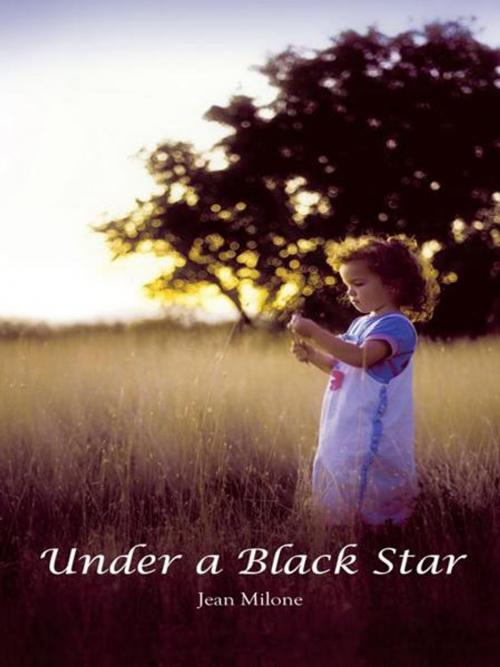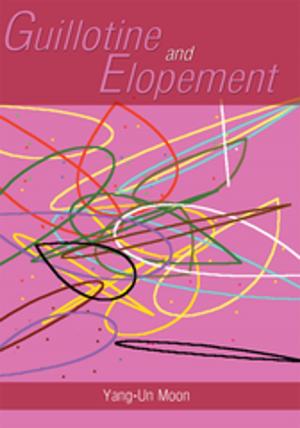| Author: | Jean Milone | ISBN: | 9781462042951 |
| Publisher: | iUniverse | Publication: | September 20, 2011 |
| Imprint: | iUniverse | Language: | English |
| Author: | Jean Milone |
| ISBN: | 9781462042951 |
| Publisher: | iUniverse |
| Publication: | September 20, 2011 |
| Imprint: | iUniverse |
| Language: | English |
The pages within this book were penned in fulfillment of a deathbed promise to a long-suffering mother. They are the work of a novice. But it struck me as I read them that this is the works strength.
One of the attractions of the memoir form is that there are often rich ironies to be tilled in looking back. In this true account, born of a bygone era and steeled in the stoic immigrant ethos of a previous generation, a poor, barely literate Italian mother betrayed in marriage and left to fend for herself, struggles against a relentless succession of odds to forge a little corner of life for her family in the New World.
Recounted by a daughter who loved her, suffered with her, and survived, the prose is so simple and naked of artifice, it is the reader, rather than the author, who rubs against these ironies. And that, for my money, is literature.
Something about this story, which I can not deconstruct to the point of fully identifying, made it a compelling read for me. My thought and hope is that you might share this conclusion.
Caverly (Lee) Stringer / Author, Grand Central Winter: Stories from the Street
The pages within this book were penned in fulfillment of a deathbed promise to a long-suffering mother. They are the work of a novice. But it struck me as I read them that this is the works strength.
One of the attractions of the memoir form is that there are often rich ironies to be tilled in looking back. In this true account, born of a bygone era and steeled in the stoic immigrant ethos of a previous generation, a poor, barely literate Italian mother betrayed in marriage and left to fend for herself, struggles against a relentless succession of odds to forge a little corner of life for her family in the New World.
Recounted by a daughter who loved her, suffered with her, and survived, the prose is so simple and naked of artifice, it is the reader, rather than the author, who rubs against these ironies. And that, for my money, is literature.
Something about this story, which I can not deconstruct to the point of fully identifying, made it a compelling read for me. My thought and hope is that you might share this conclusion.
Caverly (Lee) Stringer / Author, Grand Central Winter: Stories from the Street















